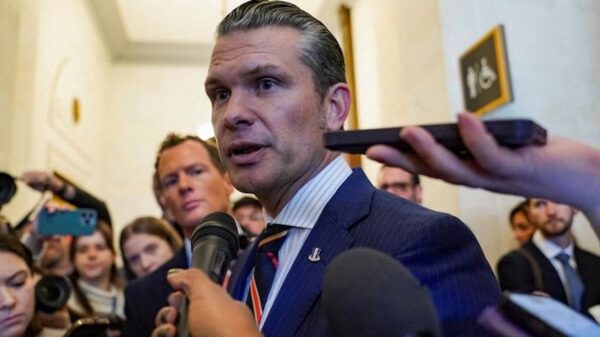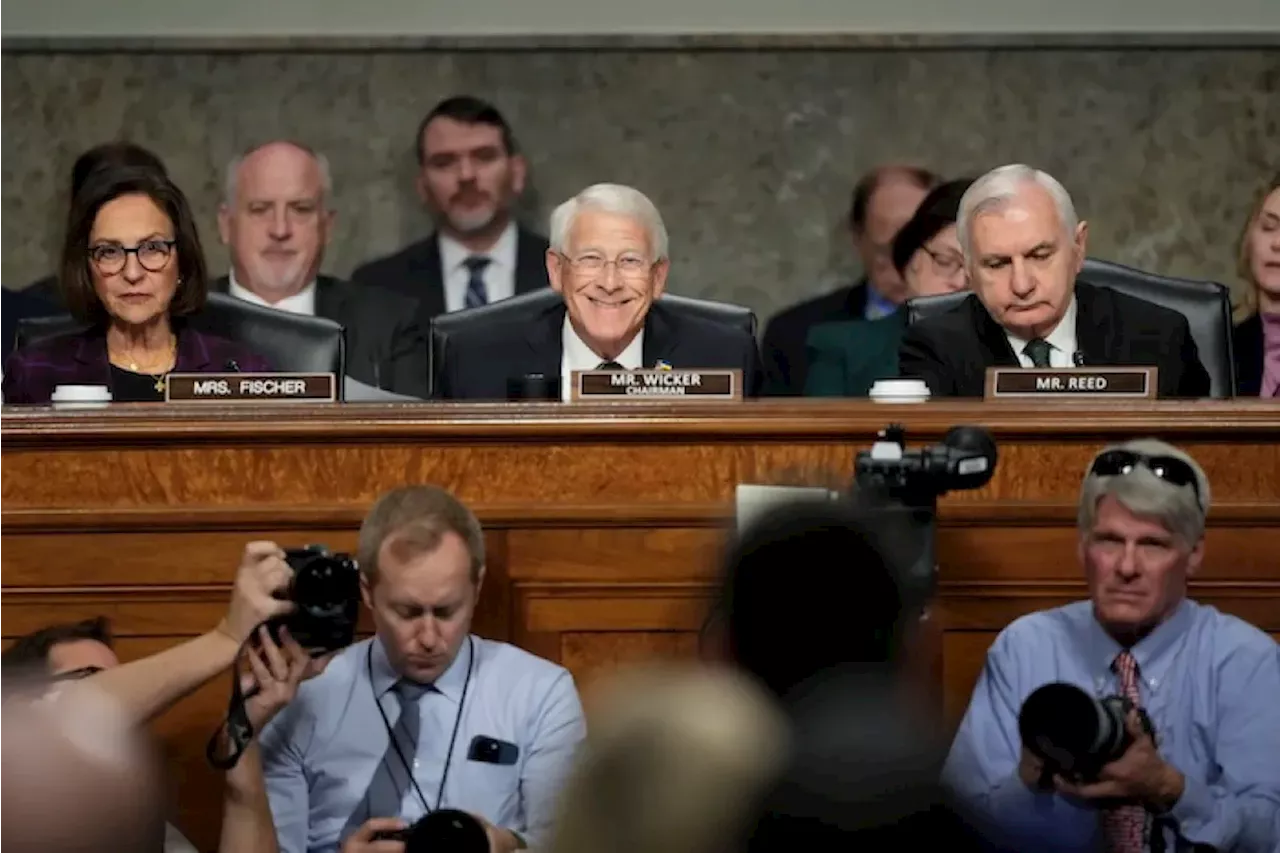The Pentagon is under increased scrutiny from lawmakers regarding its limited consultation with Congress on key policy decisions. During a recent confirmation hearing, Alexander Velez-Green, a senior adviser to the Undersecretary of War for Policy, revealed that the department had not engaged with Senate members on two significant evaluations: the National Defense Strategy and the Global Force Posture Review. This admission has heightened bipartisan criticism of the Pentagon’s approach to policy-making in the current administration.
Velez-Green’s comments came as he sought confirmation for the role of Deputy Undersecretary of Defense for Policy. He acknowledged to lawmakers that there had been no formal consultations regarding the national defense strategy, stating, “I know we interact on a regular basis on issues related and policy that inform the internal discussions and development process.” His response did not sit well with the Senate Armed Services Committee, particularly with its chairman, Roger Wicker, who emphasized that such communication is critical for effective governance.
Wicker highlighted the disconnect between the Pentagon’s policy office and the administration’s priorities. He remarked, “That’s really not the way it’s supposed to work,” expressing concern that the Pentagon was operating independently of the executive branch’s coordinated efforts. His statements were echoed by other senators who noted instances where Pentagon actions did not align with President Joe Biden‘s agenda, including decisions made during the recent Iran-Israel conflict.
During the hearings, Senator Dan Sullivan criticized Undersecretary of War for Policy Elbridge Colby for being difficult to contact. Sullivan described his recent meetings with Colby as “constructive,” but underscored the need for better communication with Congress. He referred to ongoing discussions with foreign counterparts, stressing that allies have expressed concerns about the Pentagon’s apparent lack of coordination.
As legislators seek to understand the Pentagon’s strategic decisions, Velez-Green assured the committee that, if confirmed, he would prioritize engagement with Congress. Wicker responded, indicating that this would require a significant shift in the Pentagon’s current approach to policymaking.
The Pentagon’s communication strategy has faced further scrutiny over claims regarding military aid to Ukraine. Both Velez-Green and Austin Dahmer, nominated for Assistant Secretary of Defense for Strategy, Plans, and Capabilities, denied allegations that the Pentagon had “paused” assistance earlier this year. Dahmer attributed the confusion to “fake news,” while Velez-Green referenced a statement from Pentagon spokesman Sean Parnell, who acknowledged the complexities surrounding the timing and specifics of military aid.
As Congress continues to press the Pentagon for clarity on its policies, the repercussions of these hearings may influence future interactions between the military and legislative branches. With bipartisan support for increased oversight of military decisions, the outcome of Velez-Green’s nomination could signal a shift toward more collaborative governance in defense policy.







































































